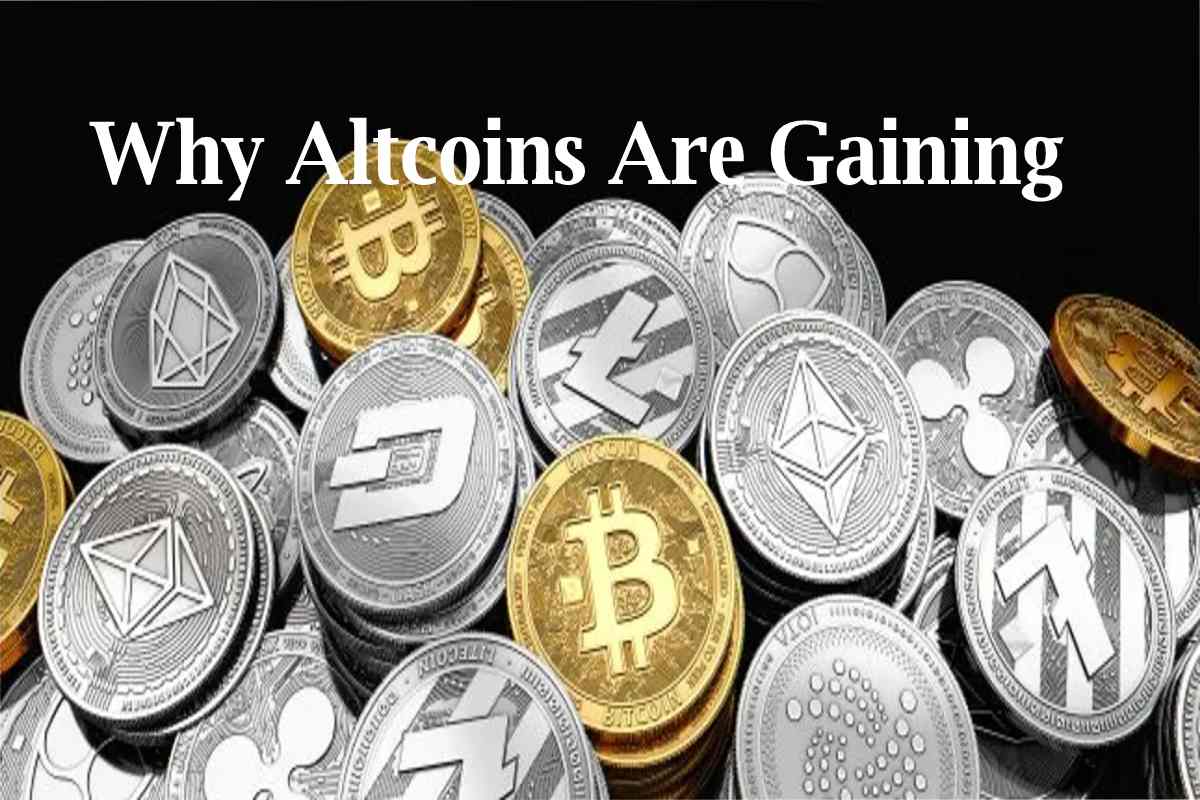
Altcoins: Understanding Altcoins and Their Differences from Bitcoin
In the realm of cryptocurrency, Bitcoin reigns supreme as the dominant force. However, there is a vast and growing ecosystem of other cryptocurrencies known as altcoins. These altcoins offer a range of unique features and advantages, making them an attractive alternative for investors and users alike.
What are Altcoins?
Altcoins refer to any cryptocurrency that is not Bitcoin. They emerged as an alternative to Bitcoin’s dominance, offering different technological approaches, features, and use cases. Altcoins leverage the underlying blockchain technology of Bitcoin, but introduce variations and innovations to cater to various market needs.
Types of Altcoins
The altcoin landscape is diverse, with numerous categories and subcategories. Some of the most notable types include:
- Stablecoins: Pegged to fiat currencies like the US dollar, providing price stability and reducing volatility.
- Privacy coins: Focus on enhancing user anonymity and transaction privacy.
- Utility tokens: Designed for specific use cases within a platform or ecosystem, providing access to services or products.
- Governance tokens: Grant holders voting rights within a decentralized autonomous organization (DAO).
- Security tokens: Represent ownership or investment in real-world assets, such as real estate or stocks.
Differences from Bitcoin
While altcoins share some similarities with Bitcoin, they are distinct in several key aspects:
- Market capitalization: Altcoins have significantly lower market capitalizations compared to Bitcoin, making them more volatile and speculative investments.
- Technological innovation: Altcoins often introduce new technological advancements, such as enhanced scalability, faster transaction speeds, or privacy features that Bitcoin lacks.
- Use cases: Altcoins cater to a wider range of use cases, including decentralized finance (DeFi), non-fungible tokens (NFTs), and supply chain management.
- Decentralization: Altcoins vary in their level of decentralization. Some are highly centralized, while others embrace a more decentralized governance structure.
Advantages of Altcoins
Altcoins offer several advantages over Bitcoin, including:
- Diversity: Altcoins provide a broader selection of investment options, reducing portfolio risk by diversifying into different cryptocurrencies.
- Innovation: Altcoins drive innovation in the cryptocurrency space, introducing new technologies and features that push the boundaries of blockchain applications.
- Community: Altcoins often have strong and engaged communities that support their development and adoption.
Disadvantages of Altcoins
Investing in altcoins also comes with some potential drawbacks:
- Volatility: Altcoins are often more volatile than Bitcoin, leading to significant price fluctuations and potential losses.
- Security: Not all altcoins are created equal. Some may have inadequate security measures, making them susceptible to hacks and exploitation.
- Regulation: The regulatory landscape for altcoins is still evolving, which can create uncertainty for investors.
- Liquidity: Altcoins may have lower liquidity than Bitcoin, making it more challenging to trade large amounts quickly.
Conclusion
Altcoins represent a vast and diverse ecosystem of cryptocurrencies that offer unique features and advantages over Bitcoin. By understanding the differences between altcoins and Bitcoin, investors can make informed decisions about diversifying their cryptocurrency portfolios and exploring innovative uses of blockchain technology. As the cryptocurrency market continues to evolve, altcoins are likely to play an increasingly prominent role in shaping the future of digital finance and decentralized applications.


